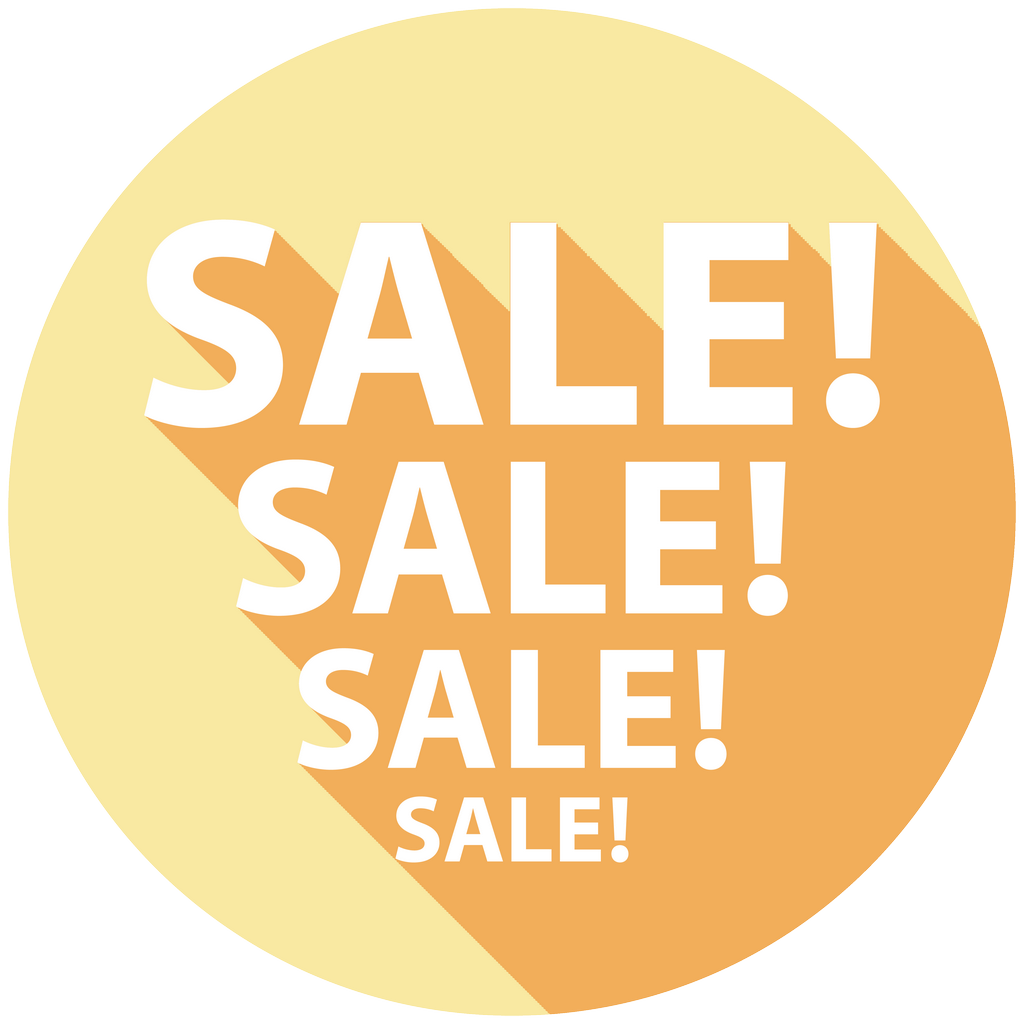With neuromarketing gaining increased popularity in recent years, the examples of companies using neuromarketing are quite diverse. Whether you’re going for sensory marketing techniques or a choice architectural approach, the possibilities are endless – with a bit of creativity.
To cast some light on the wide range of different applications for neuromarketing, we present six interesting examples in this article.
Posted in Neuromarketing Fundamentals, Archive
published on Tuesday, 06 September 2016
The wonderful world of science keeps surprising us. Each month, numerous and diverse interesting ‘did-you-know-that’ insights are published.
We stroll through every marketing, neuroscience and behavioral science journal for the best facts and straight-forward applications. However, as there’s so much worthwhile going on in the large field of science, not every article makes it to NewNeuroMarketing.
Posted in Neuromarketing Fundamentals, Research, Archive, Strategy, Advertising, Conversion
published on Friday, 02 September 2016
Being a social animal, humans often glance at other human beings and their way of interacting with one another.
Posted in Archive, Conversion
published on Thursday, 25 August 2016
Ever thought ‘Oh horrible, not that commercial again’? Or perhaps that you saw an advertisement which reminded you that you wanted to buy or do something? Perfect timing and frequency can make your consumer love your product or brand, while excessive or wrongly timed ad placement can have a huge downward impact.
Posted in Archive, Advertising
published on Thursday, 04 August 2016
We all know that wonderful feeling we get after eating some delicious food, receiving a massage, or getting a present. But what we tend to forget, is that these pleasurable moments of instant gratification actually help us reach our long-term goals! Now, there’s some interesting news for you marketeers.
Posted in Archive, Conversion
published on Monday, 25 July 2016




